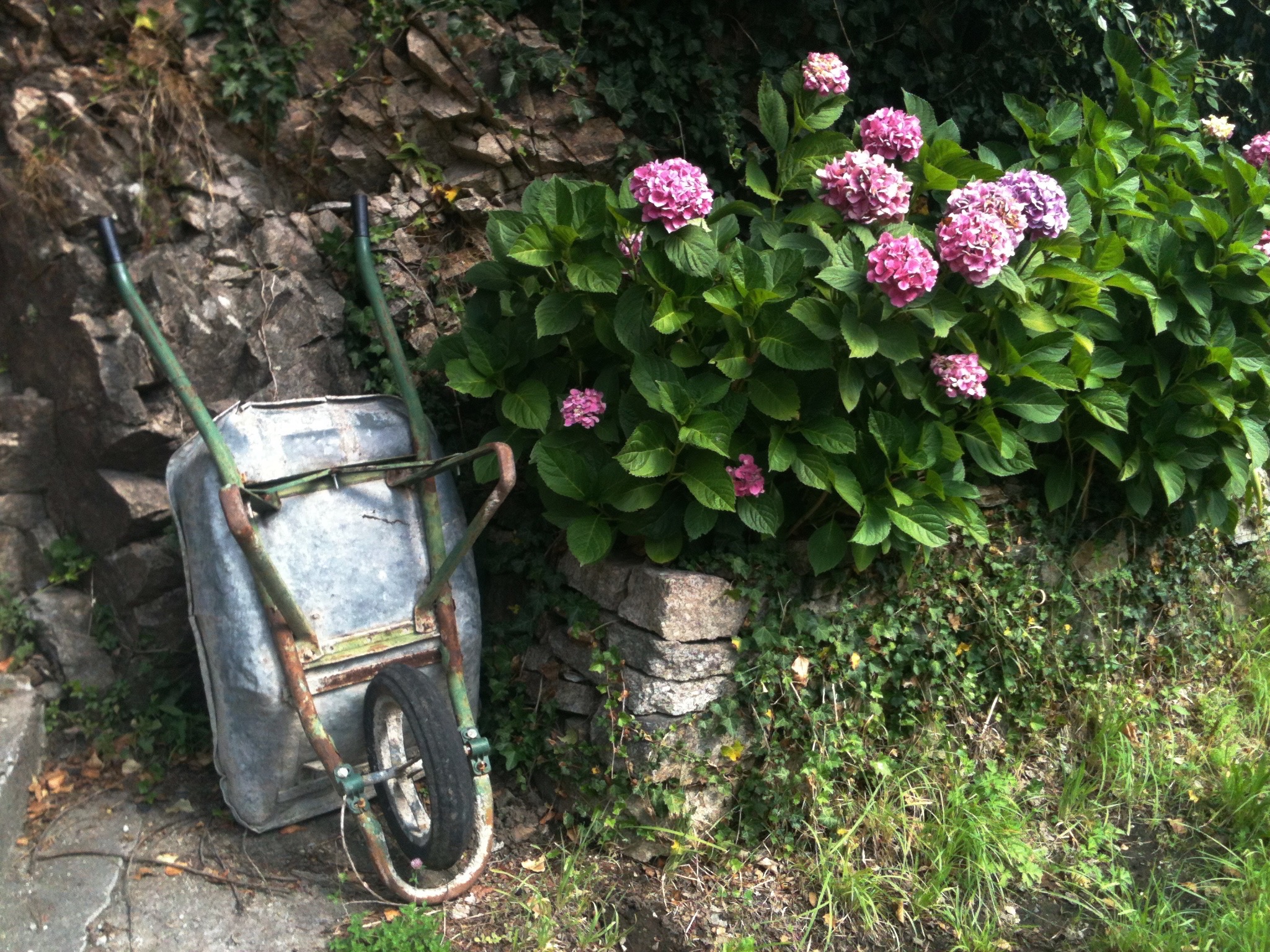
The mind is the French woman’s ultimate firewall against getting fat, and the senses are, of course, the portals to the mind. Through them we take in the world—its flavors, its textures, its sounds and its smells. We all practice a little form of “yoga” on our senses. We concentrate on them just as we concentrate on our breathing. In this way we get the most out of experience, including what we eat. Contentment of this kind is something you make for yourself. It’s the essence of l’art de vivre (the art of living), which is how we French pursue joie de vivre (the joy of living). While this pursuit sometimes causes us to be mocked as “too bourgeois,” in fact, our way of pursuing pleasure has little to do with social status. Our next vacation means much more to us than a new car, and we would never sacrifice the former for the latter except in a case of dire necessity. Give us being and feeling over having any day.
Anyone possessed of the five human senses can reap the benefits of sharpening them. Walking on the beach, touching a pet, eating an orange, picking up and sniffing a piece of wood—all are sensory experiences of which we can become more aware through practice. Concentrate on each; develop your own terms of description and soon your every moment will be fuller. One must never forget that little experiences produce, through association and memory, a gamut of emotions. These are linked with our life experiences, culture and environment. Proust’s madeleine takes countless forms. The more conscious you become of these effects, the more you can make of them. And the better you’ll be at evading the effects of more destructive emotions.
“Little,” but not insignificant
French women make sure they have lots of petits riens, those “little nothings” of daily pleasure, which are actually quite something to us. We have so many words for pampering—gâter, dorloter, bichonner, se chouchouter—but we don’t equate it with decadence. It makes us enjoy life more, from moment to moment, and keeps us from seeking too much consolation from any one pleasure, such as food. If we deny ourselves something, it’s not to teach our greedy selves a lesson. (Self-punishment is never our path to well being.) The only purpose of withholding some pleasure is so we can enjoy everything else all the more for having it in proper balance.
Of course, there’s nothing we enjoy as often or universally as food. So it’s quite foreign to us the way Americans associate eating with sin and guilt. A French woman might refer to her afternoon pastry at a café terrace as her petit péché mignon but she is being ironic (only in the French mind could sin be “tiny” and “adorable”!). The American gastronomic morality, by contrast, is dead serious. As the charming Anglo-American Francophile Peter Mayle writes in French Lessons, “scarcely a week goes by without some ominous pronouncement about the price we must pay for our brief moments of indulgence.” The trouble, as he wisely understands, is not having a little butter and wine and red meat; the trouble is having way too much.
Eating in America has become controversial behavior, with all sorts of “non-nutritional” sexual, social, political, cultural, even clinical overtones. Our troubles with weight have as much to do with our attitudes toward eating as they do with what we are ingesting. We are seeing a growing psychosis that I believe actually adds stress to our already stressful way of life. It is fast erasing the simple values of pleasure. Without a national change of heart, we have little hope of turning the tide of the obesity epidemic.
